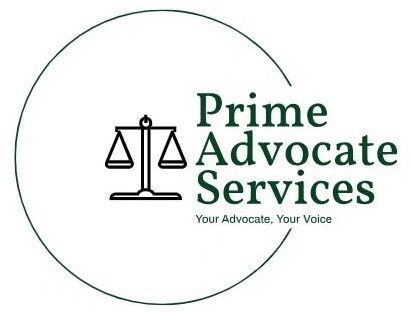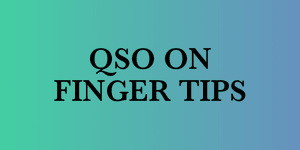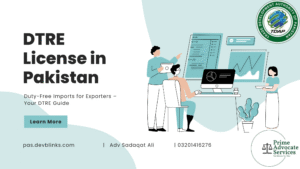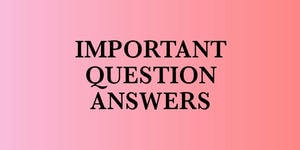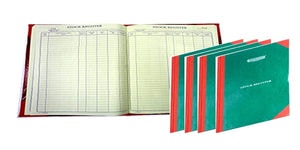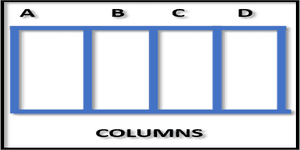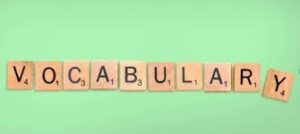It contains 3 Parts 13 Chapters 166 Articles
Key Sections Explained
Qualification, Criteria, Competency & Number of Witnesses
Sections 3-17
- Deals with the qualifications of witnesses, criteria for competency, and the required number of witnesses for different types of evidence.
Exceptions/Privileges
Sections 4-14
- Covers exceptions and privileges related to certain types of evidence or specific circumstances.
Protection of Witnesses
Section 15
- Ensures protection for witnesses involved in legal proceedings.
Accomplice/Approver
Section 16
- Defines the competency and role of an accomplice or approver in providing evidence.
Competency and Number of Witnesses
Section 17
- Further elaborates on competency issues and the number of witnesses required in specific situations.
Facts in Issue & Relevant Facts
Sections 18-29
- Details what constitutes facts in issue and relevant facts in the context of legal evidence.
Doctrine of Res Gestae
Section 19
- Explains the doctrine of Res Gestae, which pertains to spontaneous declarations related to the principal act.
Motive behind Commission of Acts
Section 21
- Discusses the relevance of motive in establishing the commission of acts in legal proceedings.
Identification Parade
Section 22
- Procedures and rules governing identification parades for identifying suspects or accused persons.
Plea of Alibi
Section 24
- How the plea of alibi is dealt with in evidence law, focusing on proving the absence of an accused person from the scene of the crime.
Admission
Sections 30-36
- Explores the concept of admission as an exception to the general rule against hearsay evidence.
Confession
Sections 37-43
- Covers the admissibility and rules regarding confessions made by accused persons.
Dying Declaration
Section 46
- Rules and conditions under which a dying person’s statement is admissible as evidence.
Only Relevant Part of Statement to be Proved
Section 53
- Specifies that only relevant parts of a statement need to be proved in legal proceedings.
Res Judicata, etc.
Section 54
- Explains principles like Res Judicata that govern the finality of judgments in legal disputes.
Declaration, etc.
Section 55
- Deals with the admissibility of declarations and their evidentiary value in legal proceedings.
Judgment Obtained by Way of Fraud, etc.
Section 58
- Addresses situations where judgments are obtained through fraudulent means and their implications in evidence law.
Opinion of Expert
Sections 59-65
- Rules governing the admissibility and weight of expert opinions in legal proceedings.
Proof of Handwriting, Signature, etc.
Sections 61, 78, 84
- Procedures and standards for proving the authenticity of handwriting, signatures, and related matters.
Oral Evidence
Sections 70-71
- Covers the admissibility and rules governing oral evidence in legal proceedings.
Primary Evidence
Section 73
- Explains what constitutes primary evidence and its admissibility.
Secondary Evidence
Section 74
- Covers situations where secondary evidence can be admitted when primary evidence is unavailable.
Public Documents
Section 85
- Defines public documents and their admissibility in legal proceedings.
Private Documents
Section 86
- Deals with the admissibility and proof of private documents in legal proceedings.
Presumptions as to Documents
Sections 90-101, 129
- Lists various presumptions related to the authenticity and validity of documents in evidence law.
Facts Need not to be Proved
Sections 111-113
- Specifies certain facts that need not be proved in legal proceedings.
Estoppel
Section 114
- Explains the principle of estoppel and its application in evidence law.
Burden of Proof
Section 127
- Defines the burden of proof and its implications in legal proceedings.
Legitimacy of Child
Section 128
- Deals with the presumption of legitimacy of a child born during wedlock.
Mode of Examining Witness
Section 132
- Specifies the manner and rules for examining witnesses in legal proceedings.
Leading Questions
Sections 136-138
- Rules governing the use of leading questions during examination of witnesses.
Hostile Witness
Section 150
- Addresses situations where a witness is declared hostile and its implications.
Impeaching Credit of Witness
Section 151
- Covers methods to challenge or impeach the credibility of a witness.
Refreshing Memory
Section 155
- Allows witnesses to refresh their memory while testifying in legal proceedings.
Judge may Put Question
Section 161
- Empowers judges to intervene and ask questions to clarify facts during legal proceedings.
Evidence through Modern Devices
Section 164
- Allows for the admissibility of evidence obtained through modern technological devices.
